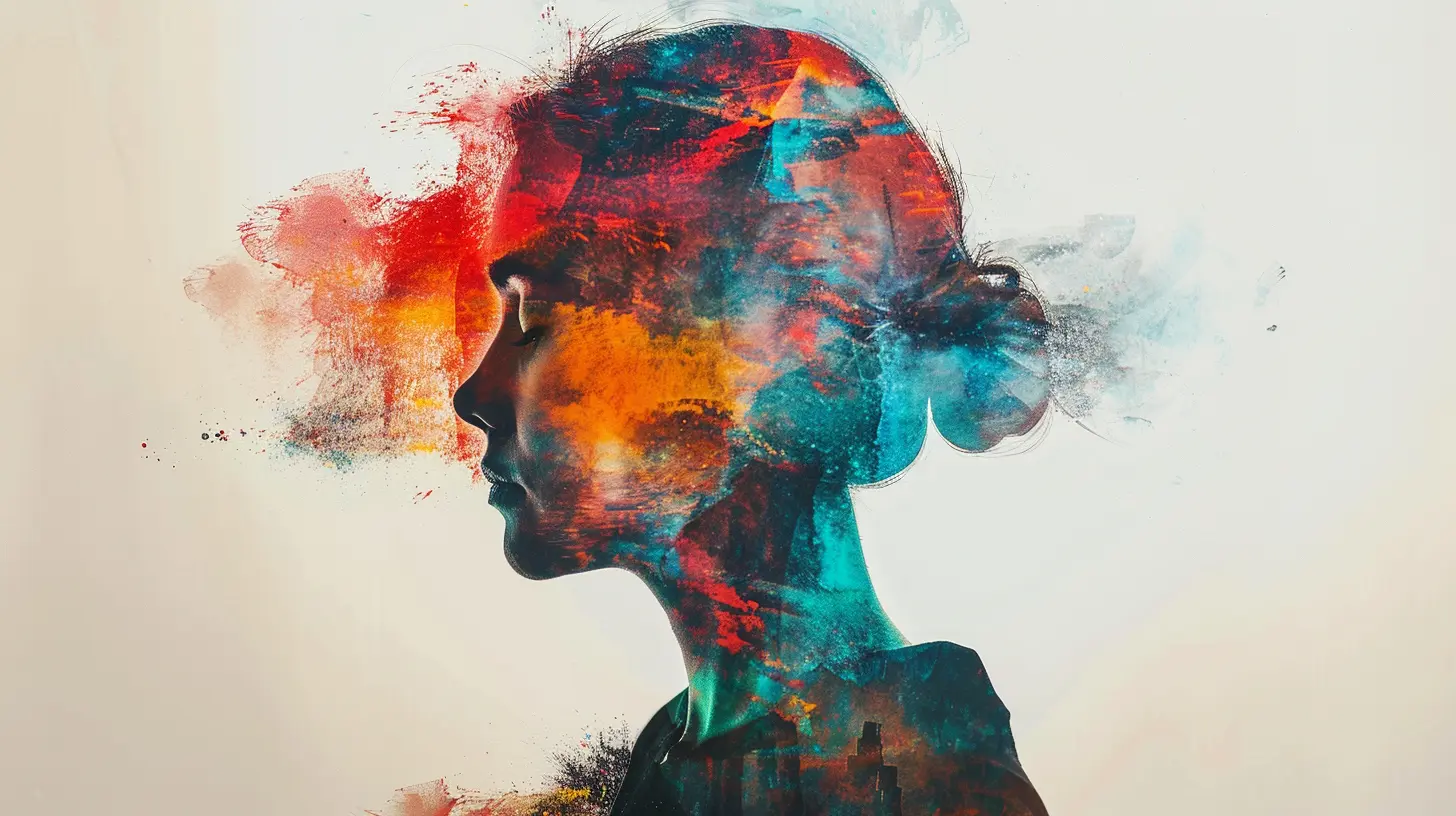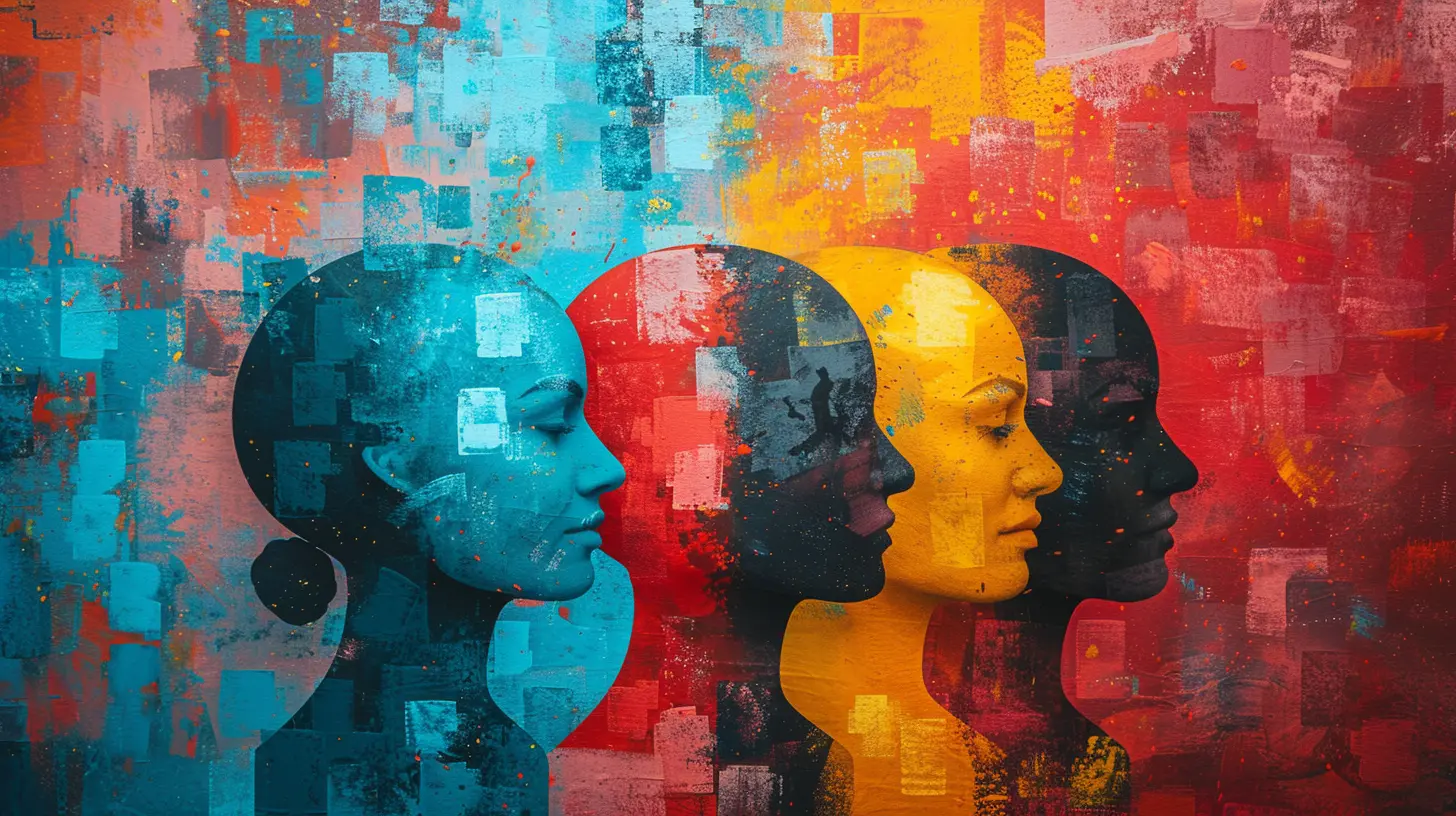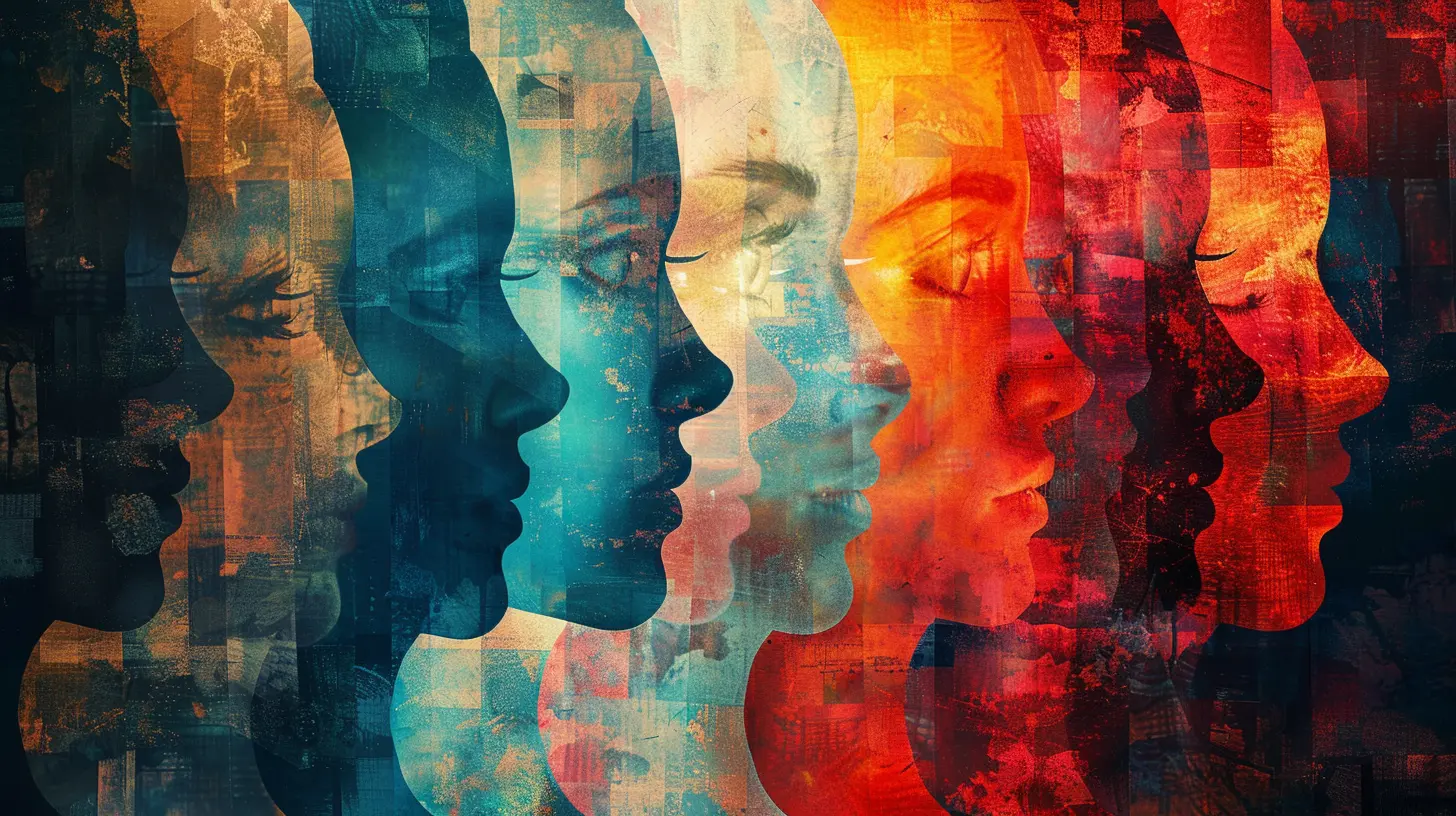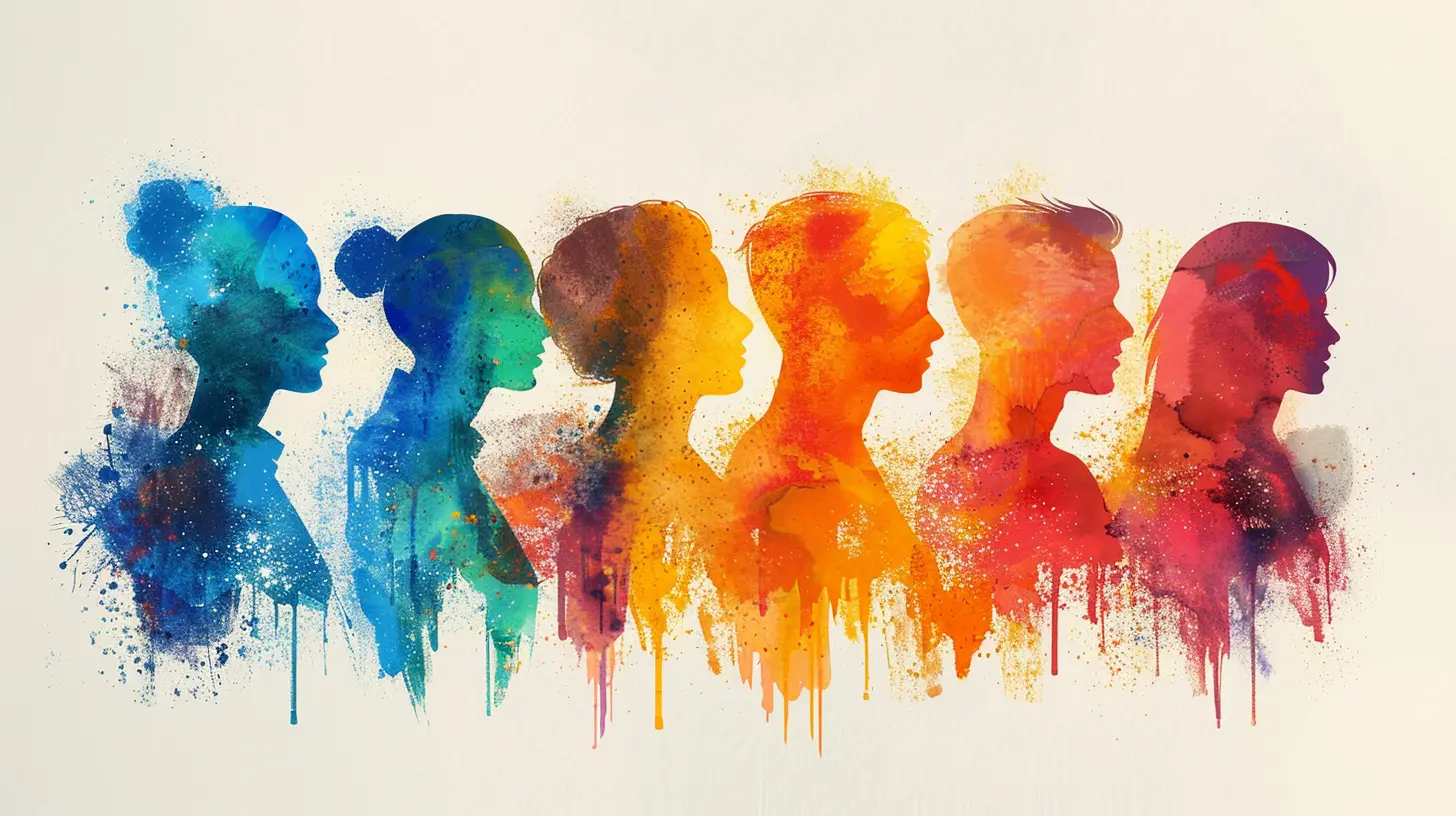How Cultural Sensitivity Can Improve Mental Health Advocacy
9 August 2025
Mental health is a universal issue — no matter where you're from, what language you speak, or what traditions shaped your worldview, your mental well-being matters. Yet, when we look closer, it's clear that the way we talk about and treat mental health varies dramatically across cultures. That's where cultural sensitivity steps in.
We’re living in a global village, and our approach to mental health needs to reflect that diversity. But how does cultural sensitivity actually impact advocacy? And why should we care?
Let’s dive into how being culturally sensitive can make mental health advocacy more inclusive, effective, and supportive for everyone — no matter their background.
What Is Cultural Sensitivity, Anyway?
Before we go further, let’s define the term. Cultural sensitivity means being aware of and respectful toward the cultural differences that people bring to the table. It’s about recognizing that individuals from different cultures may have their own norms, values, beliefs, and communication styles — and that these factors shape how they view and deal with mental health.Think of it like adjusting your language when talking to a friend who speaks English as a second language. You wouldn’t use slang or crazy idioms, right? You’d want to be clear and thoughtful. That’s cultural sensitivity in action.
Why Culture Matters in Mental Health
Mental health is not one-size-fits-all. Culture plays a massive role in shaping how people:- Understand mental illness
- Express emotional distress
- Seek help (or don’t)
- Respond to treatment
- Engage with mental health professionals
For instance, in some cultures, discussing mental health openly is taboo. In others, it might be seen as a spiritual issue rather than a medical one. You can’t expect someone from a deeply spiritual or traditional background to respond to Western-style therapy the same way someone else might.
And that’s okay — as long as advocates and professionals are willing to meet them where they are.
The Trouble with a One-Size-Fits-All Approach
Let’s be real: mental health advocacy has traditionally followed a pretty Western-centric model. That tends to mean a focus on individualism, clinical language, and specific treatment paths like talk therapy or medication.While these methods work wonders for many, they can also alienate people whose cultural norms conflict with them. If someone doesn’t believe in openly discussing personal problems with a stranger, pushing therapy too aggressively isn't going to help — it might even push them away.
Worse, a lack of cultural understanding can lead to misdiagnosis. A behavior that’s culturally normal might be labeled as a symptom. That’s not just a missed opportunity—it’s harmful.
Cultural Sensitivity Builds Trust
Let’s face it: without trust, there’s no advocacy. People won’t listen, open up, or accept support if they feel judged, misunderstood, or ignored. But when mental health advocates show genuine interest in someone’s cultural background, it bridges the gap.Being culturally sensitive says, “I see you. I respect your story.” And that’s powerful.
It lays a foundation of empathy and safety — two must-haves in mental health work.
Representation Matters More Than We Think
You know that feeling when you see someone like you achieving something big? It’s empowering. The same goes for mental health advocacy.When people from diverse backgrounds see advocates, therapists, or even spokespeople who share their culture or language, it makes mental health support feel more accessible and less foreign. It’s the difference between “this isn’t for me” and “maybe this can help.”
Representation isn’t just nice — it’s necessary.
Cultural Competence vs. Cultural Humility
These terms get tossed around a lot in mental health circles. So let’s break them down:- Cultural Competence means having a solid understanding of different cultural practices and the ability to apply that knowledge professionally.
- Cultural Humility goes a step further. It’s about recognizing that no matter how much you know, you’ll never completely understand someone else's lived experience. And that’s okay.
Cultural humility means listening more than you speak. It’s being open to correction, eager to learn, and quick to admit when you're out of your depth.
In mental health advocacy, this mindset is golden. It creates space for meaningful, respectful dialogue.
Real-Life Examples of Where Cultural Sensitivity Matters
Let’s paint some pictures:1. Faith-Based Communities
Many people turn to religious leaders first when facing emotional or mental difficulties. In some cultures, prayer is a form of therapy. Trying to replace that with traditional counseling without acknowledging its importance falls flat.Advocates who collaborate with faith leaders and incorporate spiritual beliefs into treatment plans? Now that’s culturally sensitive.
2. Immigration and Trauma
Immigrants—especially refugees—often carry deep, complex trauma. But imagine navigating that pain in a new country where people don’t understand your language or experience.Advocates must be prepared to address the cultural and emotional layers of that trauma, not just the clinical ones.
3. Indigenous Communities
Indigenous mental health often revolves around collective healing, nature, and ancestral connection. Traditional therapy needs to adapt here, not the other way around.Advocates working with these communities need to be aware of historical trauma, colonization, and the importance of reclaiming cultural identity in the healing process.
Language Can Heal or Hurt
Words matter—a lot. Using stigmatizing language, mistranslating symptoms, or ignoring culturally specific expressions of distress can shut down conversations before they start.For example, in some cultures, emotional pain is expressed through physical symptoms — headaches, fatigue, stomach issues. If advocates don’t understand this nuance, they might miss the real issue entirely.
Using the right language (and interpreters when necessary) can be the key to opening up communication.
Training Advocates to Be Culturally Sensitive
Cultural sensitivity isn't something you’re born with — it’s a skill you build. And it starts with intentional training.Here’s what that can include:
- Workshops on cultural norms, values, and traditions
- Role-playing different scenarios
- Diversity and inclusion efforts in hiring advocates and clinicians
- Ongoing education on global mental health trends
- Listening to the communities served
This kind of training doesn't just make better advocates — it creates allies.
The Role of Social Media in Culturally Aware Advocacy
Social media is the modern megaphone. It can amplify voices, spread awareness, and break stigma — if used thoughtfully.Culturally sensitive advocacy online might look like:
- Sharing multilingual resources
- Posting stories from people of various backgrounds
- Highlighting culturally specific support groups
- Educating followers on mental health norms across cultures
But it’s not just about posting — it’s about listening. Social media allows advocates to hear from the people they aim to support. That feedback loop is invaluable.
How You Can Help – Yes, You!
You don’t have to be a licensed therapist or work for a nonprofit to be a mental health advocate. Just by being more culturally aware, you can make a difference.Here’s how:
- Start conversations about mental health in your own community
- Educate yourself on how different cultures view mental health
- Listen when others share their experiences — really listen
- Support organizations that prioritize cultural inclusivity
- Call out stereotypes and stigma when you see them
Mental health advocacy is a team sport. And every player counts.
Let’s Wrap This Up
Cultural sensitivity isn’t a buzzword — it’s a bridge. A bridge between misunderstanding and awareness. Between stigma and support. Between silence and healing.When we, as individuals and as a society, commit to cultural sensitivity in our mental health advocacy, we make space for everyone’s story to be heard. And where stories are heard, healing can begin.
So the next time you talk about mental health — at work, with friends, or online — ask yourself: Am I being culturally sensitive? Am I open to different ways of seeing and coping?
Because the more inclusive our advocacy is, the more powerful it becomes.
Let’s build a world where no one feels like they have to choose between their culture and their mental well-being. We all deserve support that sees us — all of us.
all images in this post were generated using AI tools
Category:
Mental Health AdvocacyAuthor:

Gloria McVicar
Discussion
rate this article
1 comments
Cassidy Duffy
Exploring cultural sensitivity unveils hidden layers of mental health advocacy, revealing how understanding diverse perspectives can unlock transformative healing and connection within communities.
September 1, 2025 at 2:29 AM

Gloria McVicar
Thank you for your insightful comment! I completely agree—cultural sensitivity is crucial in fostering deeper connections and facilitating effective mental health advocacy within diverse communities.


